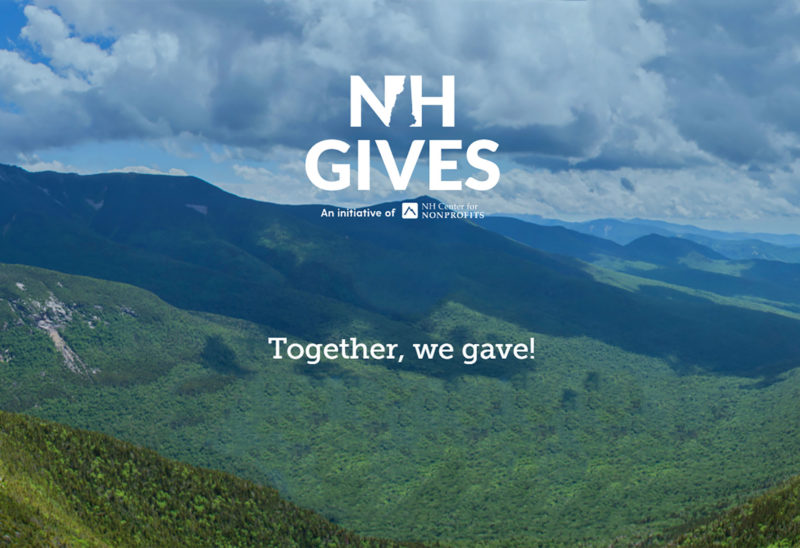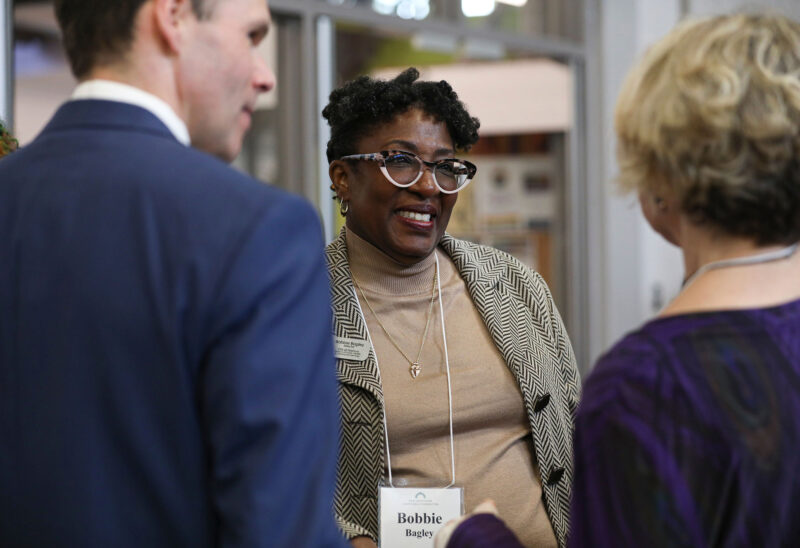When Eva Castillo arrived in the United States, she went from being a member of privileged minority – part of Venezuela’s upper class, daughter of a prosperous businessman, college-bound private-school graduate – to being a member of an under-privileged minority. Or at least that’s how people saw her.
Her English was polished, and correct. But all people heard was her accent.
Forty-one years later, people still make assumptions about her accent. But Castillo brushes it off. As executive director of the New Hampshire Alliance of Immigrants and Refugees, director of Welcoming New Hampshire and a Manchester Police Commissioner, Castillo spends her days (and many nights, and weekends) helping immigrants and refugees integrate in New Hampshire communities – helping them learn English, find jobs that match their skills, become self-sufficient, contribute to civic life.
As a kid, Castillo watched the U.S. Civil Rights Movement unfold on her television screen from Venezuela, and dreamed of coming to America.
“I always admired that, in this country, you could speak up, and rally, and question whoever is in power and not be fearful for your life,” she said.
She decided, after finishing college, to devote herself to working for social justice.
And, she said, “once the social justice bug bites you, there is no going back.”
This year, Castillo was awarded the annual Martin Luther King Award for her work defending the rights of immigrants in New Hampshire. The honor felt enormous.
“I want to express my pride and gratitude for that recognition, that honors a person that I admire so much and was presented by a New Hampshire activist [Arnie Alpert of the American Friends Service Committee] that has my love and respect,” she said.
And recently, she was presented with an Americanism Medal by the Daughters of the American Revolution for “outstanding contributions to the nation.” She tears up, talking about it. “That was a really proud moment for me, because I had to fight so much to belong here,” she says.
Right now, the work can feel like a case of one-step-forward-two-steps-back.
But here’s what she hopes:
“I want to see the day when people are accepted without tags. That you are just a person. Period. A resident of New Hampshire. But I realize we are still pretty far away from that.”

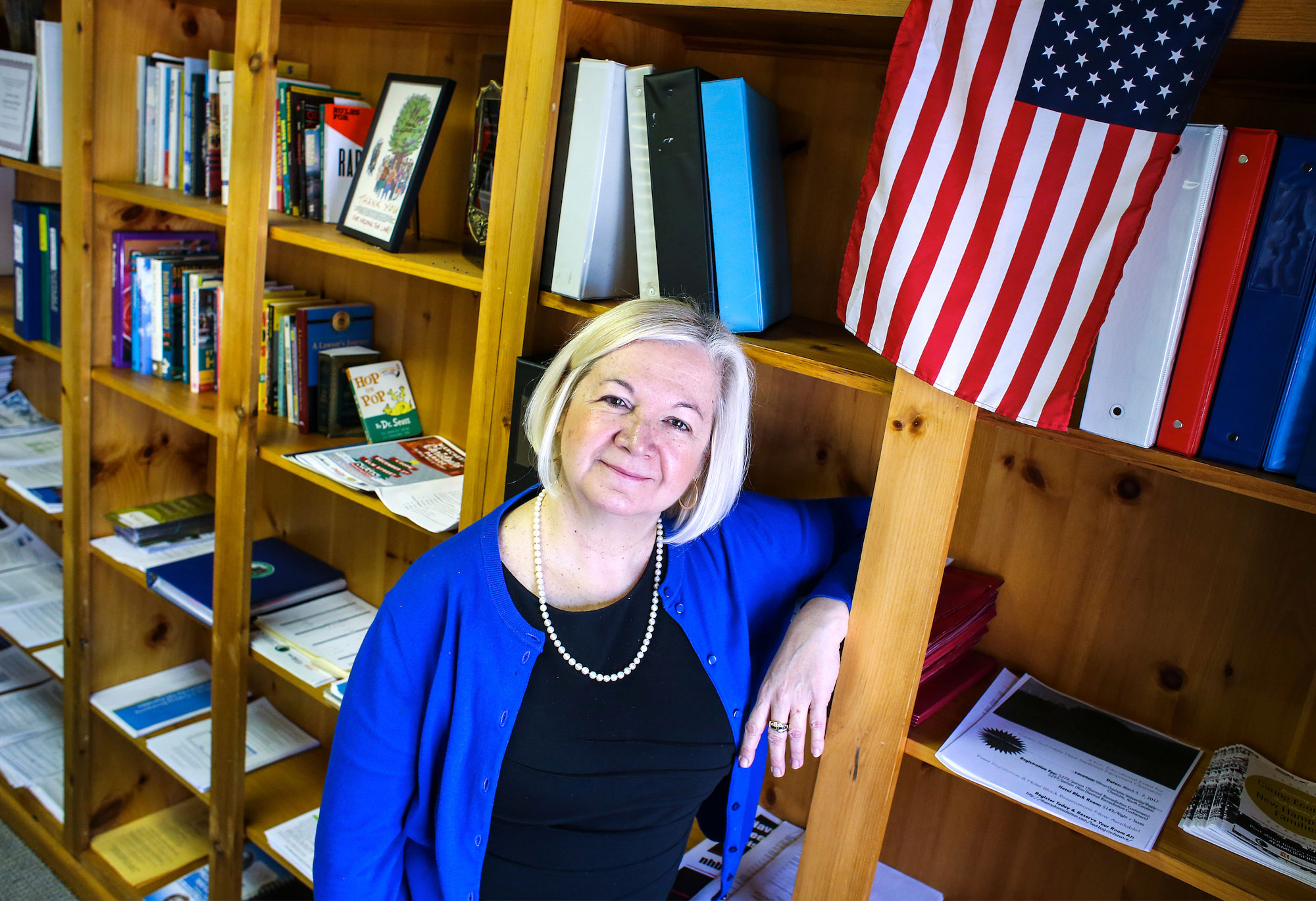







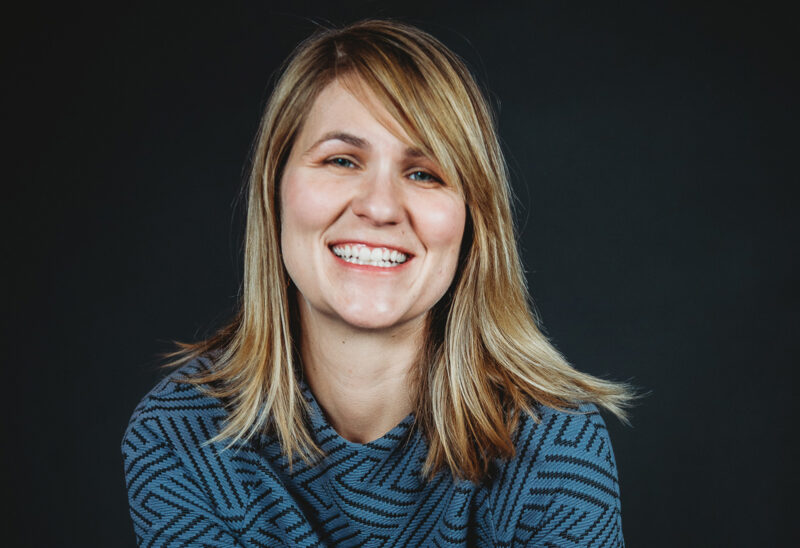
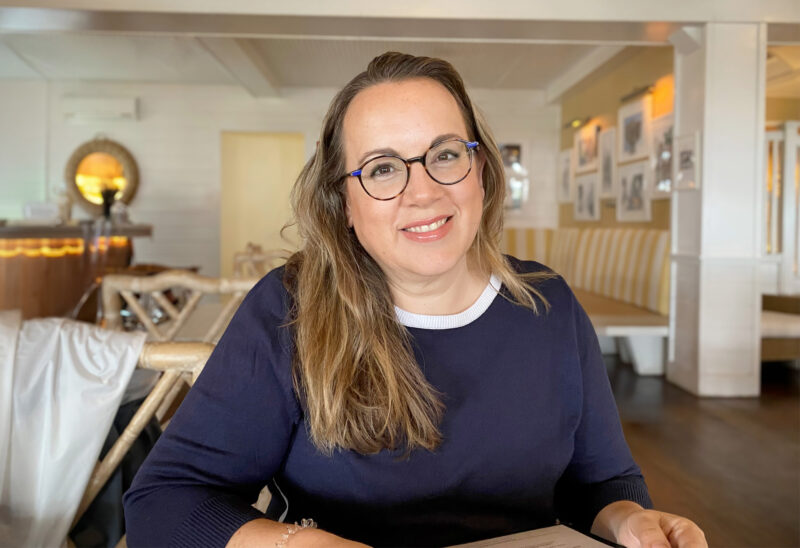
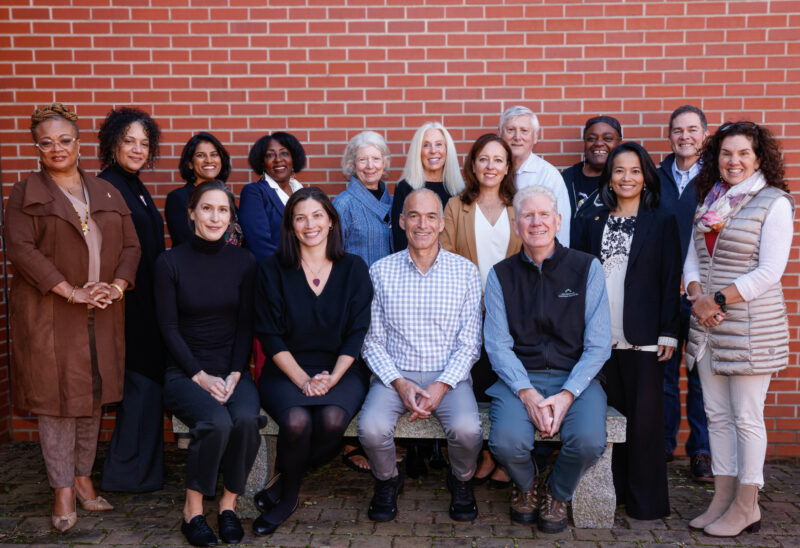


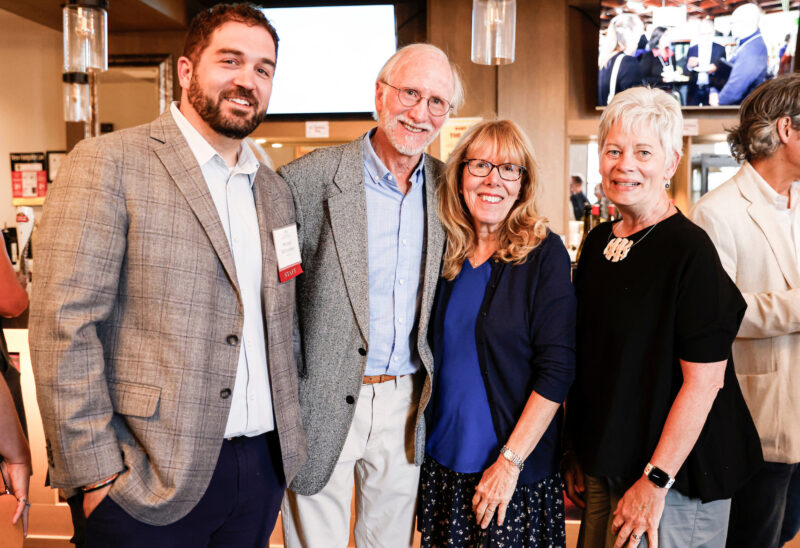
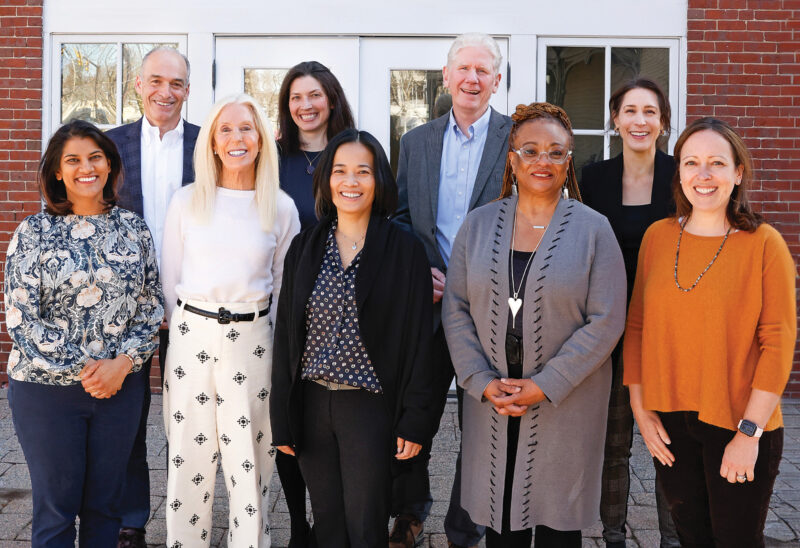
![Indrika Arnold, Senior Wealth Advisor, the Colony Group [Photo by Cheryl Senter]](https://www.nhcf.org/wp-content/uploads/2024/05/Indrika-Arnold-Hero-800x534.jpg)
